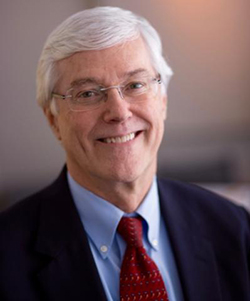The National Institutes of Health has updated its Strategic Plan for NIH Research to Cure Hepatitis B, a roadmap for ending the hepatitis B epidemic, focused on developing a cure as well as improved strategies for vaccination, screening and follow-up care. The revised plan incorporates lessons from the COVID-19 pandemic and recent advances in technology.
Contact
Submit a Media Request
Contact the NIAID News & Science Writing Branch.




